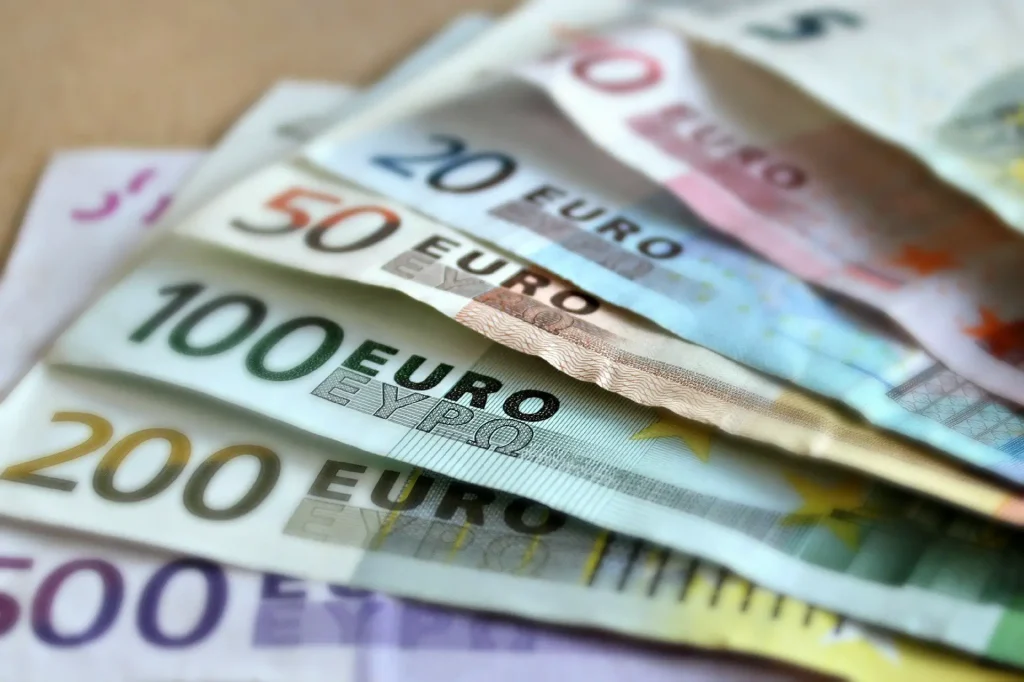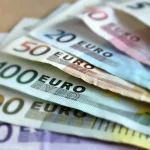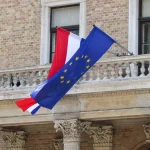As Poslovni Dnevnik writes, the controversy over Croatian Eurozone accession, aside from solely political views, boils down to a debate on whether prices will rise, and if so, by how much. According to data obtained by Jutarnji list from the Croarian National Bank (CNB), it can be expected that after the conversion from the kuna to the euro, people will very likely have to slightly higher amounts for some items than they were used to.
This has been shown by the statistics based on the experience of other Eurozone member states that went through the process of introducing the euro at some point in the past, and in which it was shown that the biggest price increases should be expected in the catering sector, more precisely in restaurants and cafes. That said, other service sectors will not be spared a rise in prices either…
As Andrea Pufnik from the CNB explains in her paper “Effects of the introduction of the euro on consumer price movements and the perception of inflation”, the experience of the Netherlands shows that restaurant prices increased by 3.5 percent after the introduction of the euro. In Finland they increased by two percent, while Austria and Greece, slightly smaller increases in the hospitality segment were recorded, from 0.2 to 0.5 percent, as reported by Jutarnji list.
According to experts looking into this, the reason for these price increases has a lot to do with the so-called ”menu-cost model”, more precisely, most restaurants will be forced to print new menus and this cost will spill over to consumers in the shape of price hikes.
Statistics also show how price increases could occur in the segment of cleaning, repairing and renting clothes, as witnessed, for example, by citizens of France, Germany and Estonia. Hair and beauty services in general could also become more expensive following Croatian Eurozone accession, and prices are also expected to rise in the services of IT, audiovisual and photographic equipment.
However, certain products will also become more expensive as a result of the ”rounding up” of prices, which could be most noticeable in bakery products and newspapers, according to the Pufnik research.
Namely, prices being round up is one of the most common reasons for price increases, which is most pronounced for products that initially had slightly lower prices, which include newspapers and bakery products.
According to CNB projections, it is expected that newspapers and books could become 2.06 percent more expensive in Croatia from 2023, financial services 1.9 percent, accommodation services 1.7 percent, footwear 1.6 percent, sports services 1.5 percent, and catering services 1.2 percent.
Some Eurozone member states, such as Finland, also recorded an increase in fruit prices after the introduction of the euro as its national currency, although it is possible that this also happened due to climatological reasons. In Ireland, the biggest jump in prices was in sports and recreational services, in Slovakia the prices of food and non-alcoholic beverages rose the most, while neighbouring Slovenia recorded higher prices in restaurants and cafes, then in footwear and household appliances, and then in transport services.
In principle, various surveys provide different estimates of the effects of the conversion of national currencies into the euro, and Eurostat finds that growth averaged between 0.1 and 0.3 percent for the Eurozone back in 2000 and 2001, while some other surveys suggest price rises of 0.34 percent.
What is certain is that the effects vary from country to country. For example, the risk of price increases is reduced in countries with subdued consumption growth as well as in those member states that introduce mandatory pricing in both currencies in stores before the introduction of the euro, and then price growth is usually subdued in those markets where competition is higher.
“We don’t really expect price increases, but we do expect smaller price increases in accordance with the statistics that were recorded in other then new members of the European Union,” said Governor Boris Vujcic in attempt to calm people’s worries.
For more on Croatian Eurozone accession, check out our dedicated politics section.











